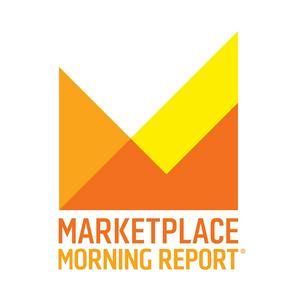Mortgage rates dipped below 6% last week. Now, they're back up. Sudden conflict and uncertainty almost always cause volatility in the mortgage market. This time, fears of inflation and higher oil prices are to blame. Also, a look at how the U.S. might protect and insure vessels traveling through the Persian Gulf, and how the Republican tax and spending law signed last summer might help big corporations like Amazon, Meta, and Tesla avoid paying taxes.


